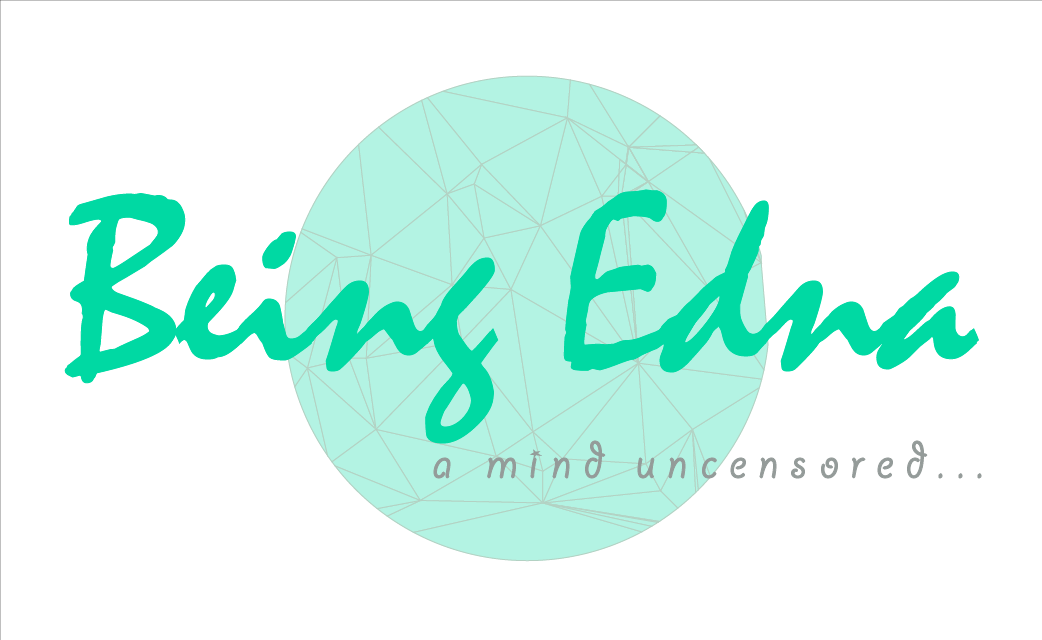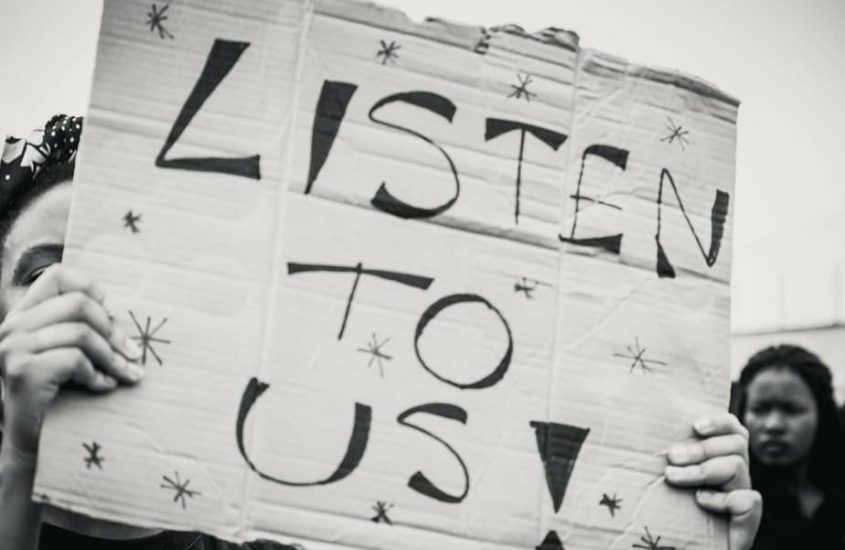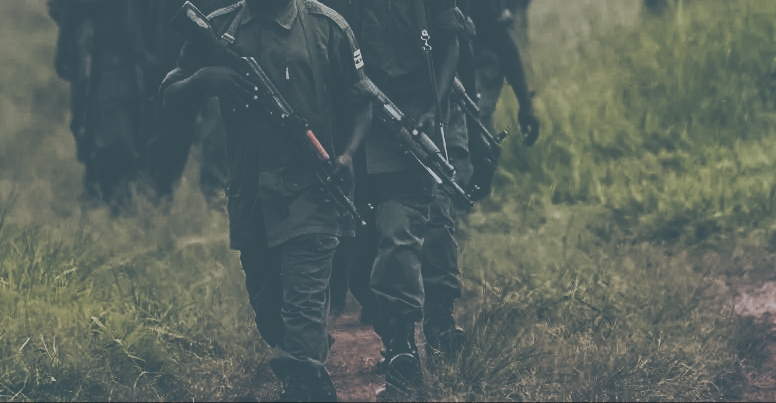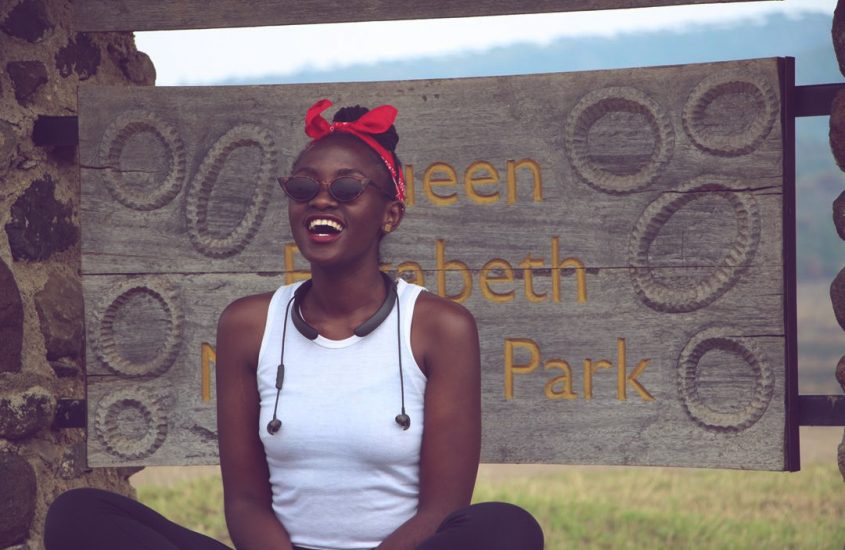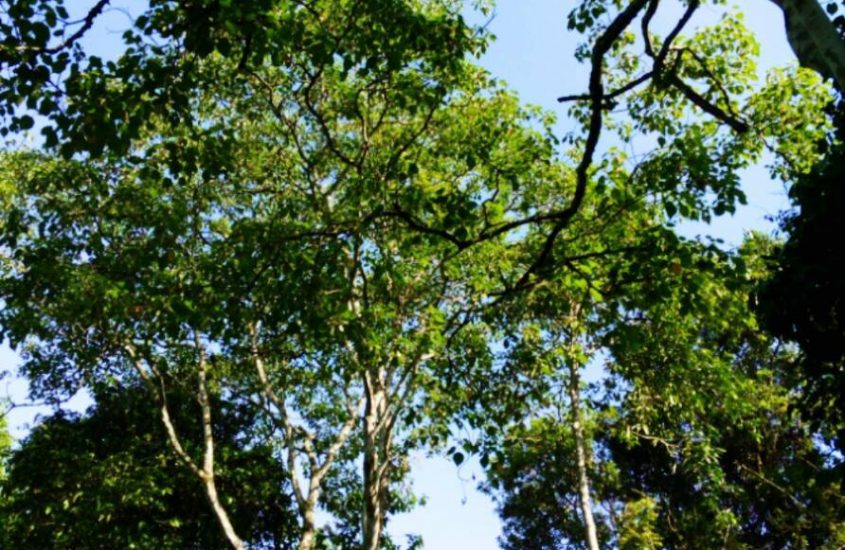08Mar
The Women’s League is nolonger an acceptable excuse for the inaction of political messiahs
But as we put our safety on the line and advocate for change alongside our next leaders, it shall be only with those, if any, who prioritize our humanity.
